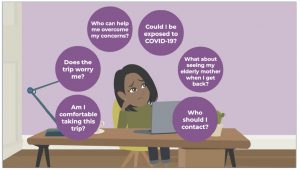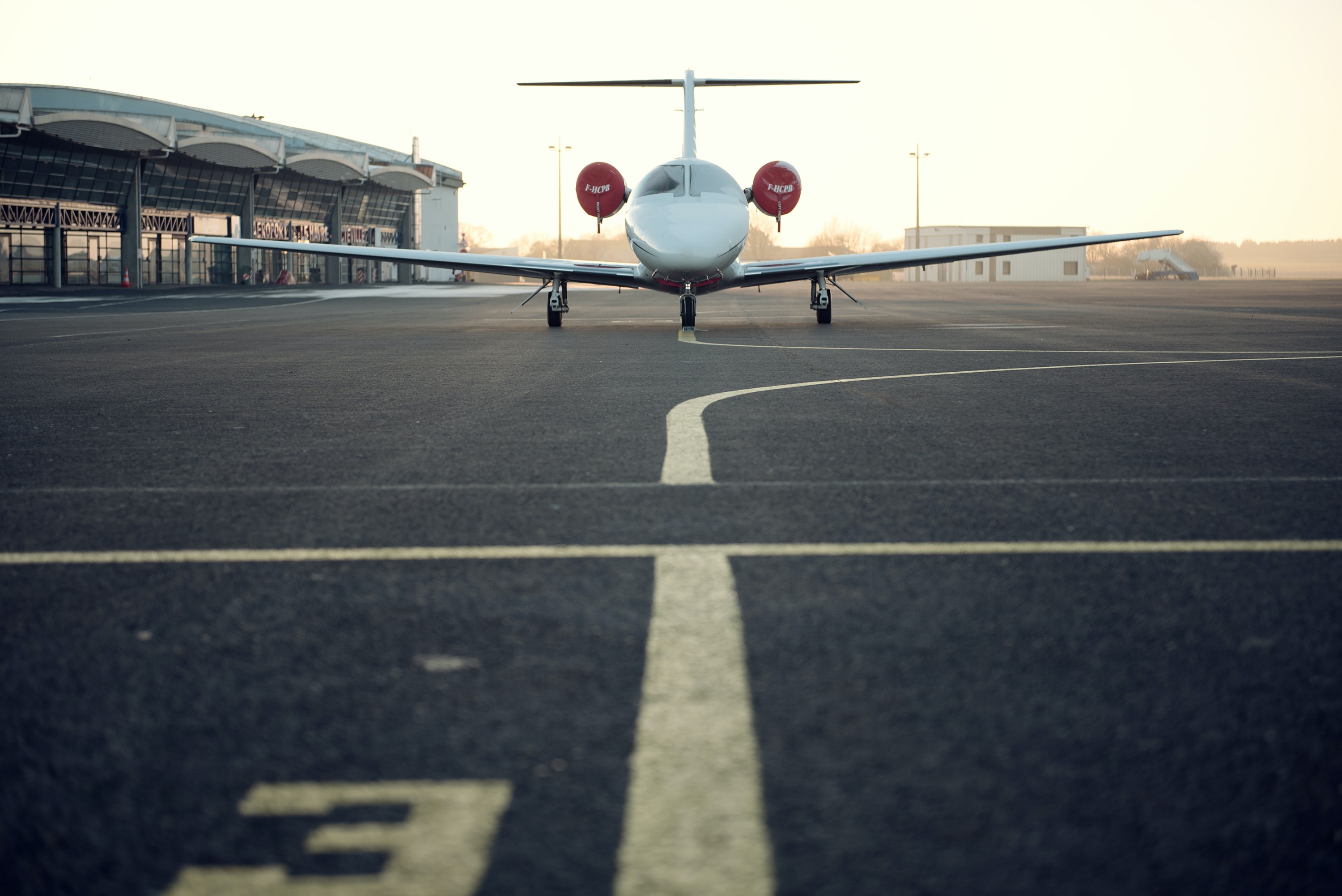
The world is on lock-down, there’s a global travel ban. Business travellers are typically, by nature, very organised, planning ahead and maximising every minute of their time to ensure they squeeze every bit of value out of what precious time they have. Today we find ourselves living on our wits, with little control over our lives, things changing by the hour with no idea when life will return to ‘normal’ – if ever. Especially when it comes to travel after quarantine.
Post Pandemic Travel
There’s an expectation of course that we will get back to business travel but who wants to be the first out of the trap, the human guinea pigs. What if, during travel after quarantine, we were taken ill in a different country where the medical facilities weren’t as good as our own? What if there’s a second wave, a resurgence of COVID-19? This is a word that dominates our lives, our thoughts and many of our fears.
“Having been at home so much, a lot of people have begun to enjoy the simple pleasures in life, such as time with family, less travel fatigue, a walk, speaking with neighbours”, says Dr Lucy Rattrie, business travel wellness psychologist and director at Creating Sona. “I expect people will want to hang on to that feeling of psychological safety that’s come with community, as it’s brought so much comfort and hope. The impact on health of being asked to travel again will be mixed.”
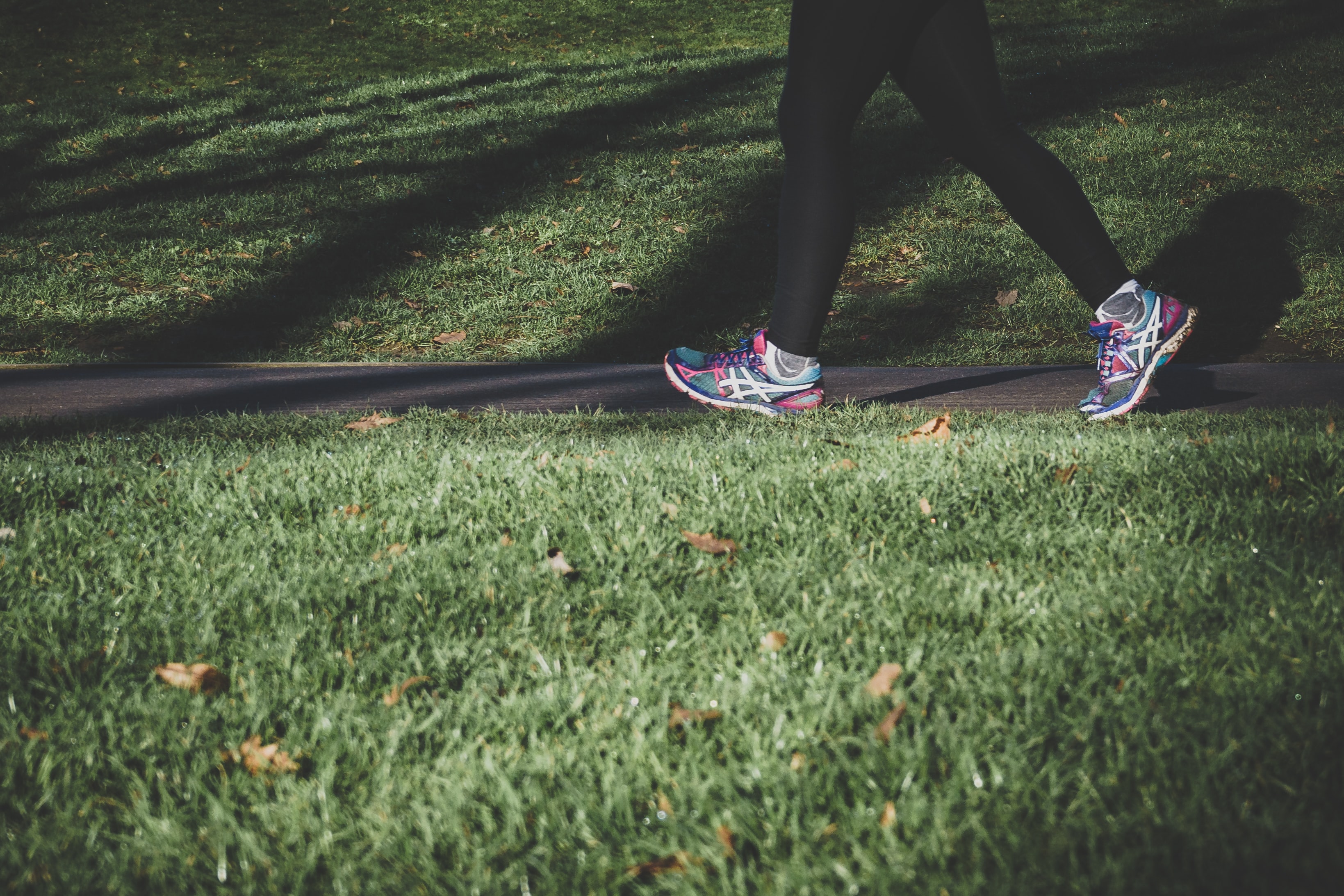
“On the one hand, people will be craving to explore a different destination, get out, connect with people and the world as a method of satisfying an internal desire to break free from monotony or worry that has been felt at home and to bring a feeling that life is resuming in a way that’s familiar. Yet, at the same time, people will likely be apprehensive and concerned, travelling with a lot more self-care, looking after themselves physically, emotionally, spiritually and mentally. They will want to know they are able to stay healthy and safe when travelling, with security around protecting their health, support and ability to maintain their new found wellbeing (for those that enjoyed having more sleep, time with family, nutritious food, meditation, daily walks and online exercise classes) and psychological security that if there is another wave, they are returned home safely.”
“This need for psychological safety and to protect their wellbeing will be more amplified for the first wave of travellers” says Lucy.
How Should we Approach Travel After Quarantine
So how will governments steer us through these unprecedented times and are we likely to see a second wave? According to Dr Jonathan O’Keeffe Corporate Medical Director, London Health Systems Ltd. “Governments around the world are balancing the health care system capabilities with the increased demand from COVID-19 cases. The basic principal is to ‘buy time’ and develop population immunity either through very controlled gradual exposure of lower risk groups who will develop antibodies or through the eventual development of a vaccine. Buying time also gives us the opportunity to study the virus, work on treatments and study the effects of existing potential medications”.
“Governments will need to turn on and off the tap to allow a resumption of somewhat normal societal and commercial life. Experts are optimistic to date that once a person has had the virus the person becomes immune to reinfection. This would allow people who have been infected to return to work, care for others and to resume most activity. Unfortunately, we cannot be 100% confident at this early stage that immunity will be lifelong. It may be partial or weaken over time and although today there is almost no evidence of possible reinfection, we should keep in mind that we are learning as we go.
When the governments decide to open the tap a little, we will see a resurgence, however we will likely be prepared for this with armies of public health teams responding to local outbreaks with isolation, treatment and contract tracing procedures. It is likely the new normal situation will see more longstanding travel risk mitigation adopted. Questionnaires and fever screening will be the norm for a time. One additional health risk to be aware of, especially for those who undertake work related travel is health system strain or collapse. If a country does not turn the tap on and off in a sufficiently controlled manner, people who need care for all other reasons than COVID-19 may not be able to access the resources they depend on. It is important to monitor for a health system demand versus supply mismatch in all work locations to ensure this risk is not neglected”.
The question is, is hand washing and all the measures we have come to integrate into our daily lives sufficient for us to protect ourselves? Jonathan advises, “I cannot stress how important it is to continue to adhere to the non-pharmaceutical measures to combat COVID-19. Regular hand washing for 20 seconds kills this virus. Social distancing by a minimum of 2 metres or 6 feet prevents almost all spread between individuals. Staying at home when you have early symptoms (no matter how trivial they may seem) is vital to stopping the spread. Following government advice on social distancing is saving thousands of lives. We will prevail by adopting personal responsibility and collective changes to our behaviour.”
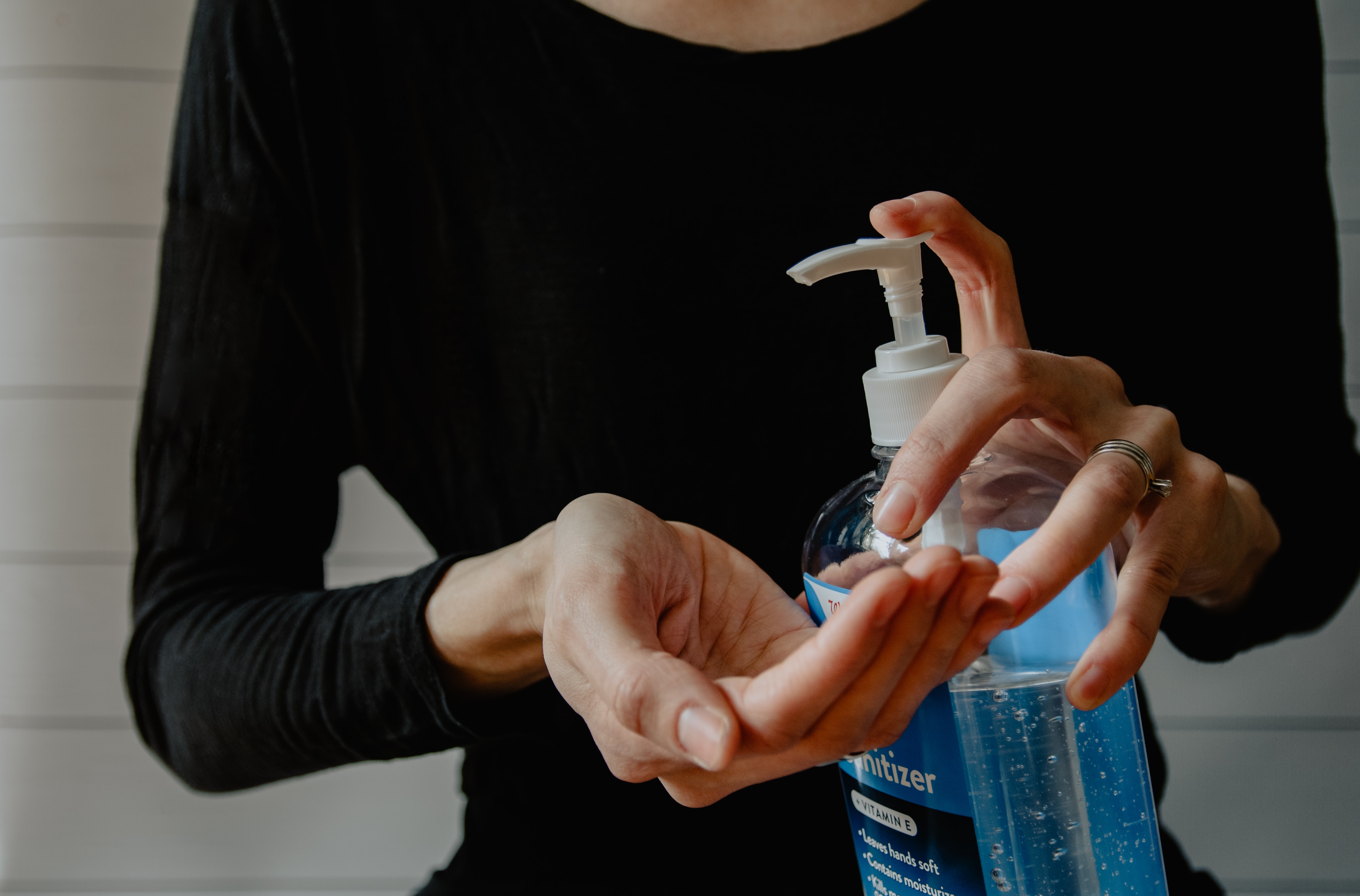
It’s clear therefore that things won’t just conveniently get back to ‘normal’ when it comes to daily life or travel after quarantine. Business travellers will have a completely different set of expectations, some will have faced deeply personal trauma and there will be an obligation for employers to respond to these from both a physical and mental perspective.
Jonathan recommends that “Employers adopt supportive and flexible policies with regard to working from home for the next few months. They should think hard about how essential or not face to face meetings are. Helping their people to connect, be flexible about start and finish times, providing people with supplementary financial and IT support to be successful in their roles where necessary. Employers should provide employees with advice on how to maintain their physical and mental health while working from home. Above all, we should be kind. We will all know a family member or a friend who becomes sick and sadly some of us will suffer the permanent loss of a person close to us. Give people time to grieve in their own way after a death. Compassion and understanding are the markers of a good employer and organisations who show both will find workers are both loyal and engaged and willing to go the extra mile in the long run.”
Lucy agrees, “Employers need to consider their moral and ethical responsibilities here. Perhaps the CEO and leaders should ask: what would I want, expect and hope for? what would I want when post-pandemic travel opens up? It’s important to remember: if an employee feels pushed to travel before they are ready (and worse, does travel because they feel there is no choice), the psychological contract, loyalty, happiness, or any positive emotion towards their employer will be destroyed and that is nearly impossible to get back. What would the consequences be? This is a time for those good CEOs and leaders to shine and consider psychological safety as well as physical safety, because business travellers now, are wanting both.
When it comes to travel after quarantine, travellers will unlikely put up with the same level of fatigue and stress, or physical demands as before, so their boundaries of acceptance will change, driven by upgraded self-care and a desire to stay healthy. The first few months are therefore critical as this is an opportunity to hit the reset button, form refreshed relationships and ways of doing things for the better. It’s really simple. There are four stages of travel: at home, which is your baseline; before; during; after. They can use this time to boost the baseline health, wellness and psychological safety as a method of hitting the reset button, being fully recovered, and prepared for take-off. Get things right now, with a wellness and psychological safety plan for when travel resumes. That can be achieved with support mechanisms of coaching, workshops, education, self-awareness and practice.”
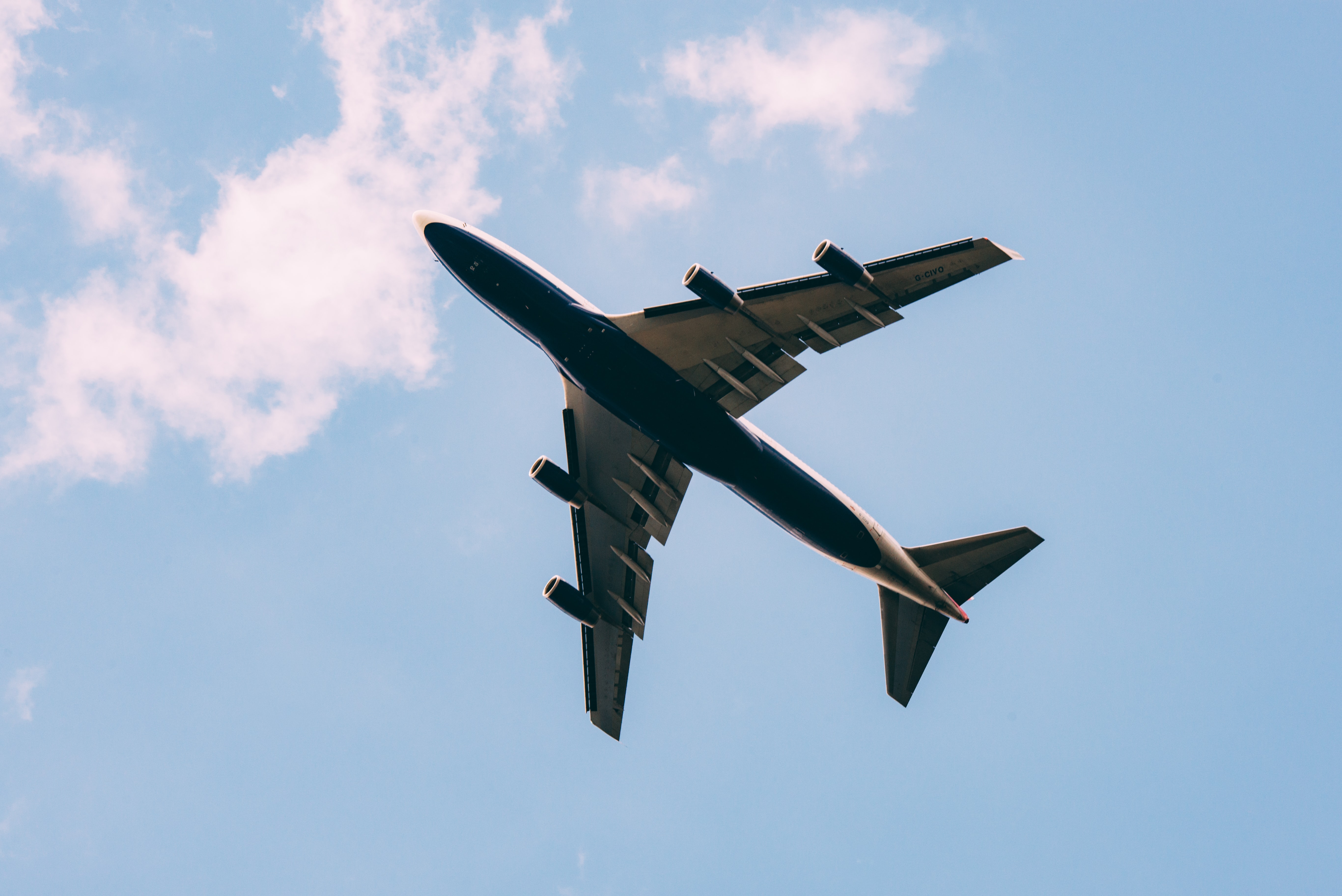
This period of downtime is giving us all time to reflect and those employers who will thrive and hang on to their best talent will be those who are already working on their post-pandemic strategies to support all of their staff whilst crafting new physical and mental support strategies for their business travellers.
COVID-19 Travel Safety eLearning
Request a demo of our new COVID-19 Traveller Safety eLearning and Managers Assistance Handbook.
For more help with supporting your business travellers, please explore our eLearning and travel safety courses.
Further Reading
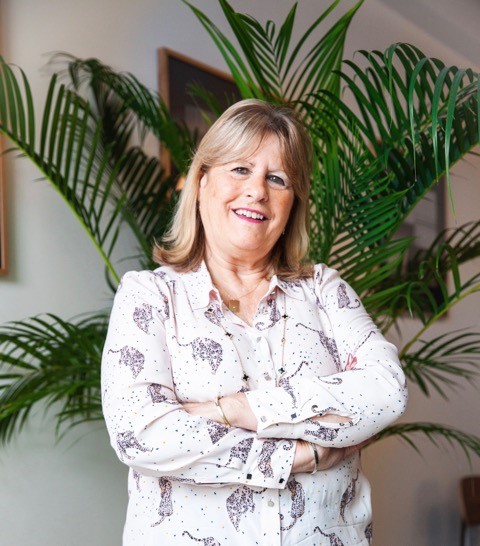
It might sound like something out of a movie, but trust us, Suzanne Williams is one of the most phenomenal (and nicest) women in international security. We talked to her about her career over the last 28 years, working as a hostage negotiator. Now, an independent hostage responder and crisis manager, Suzanne specialises in dealing with hostage negotiation, abduction, extortion, and blackmail.
Q. You’ve been a hostage negotiator, and you’re now a hostage responder. What’s the difference?
A. The hostage negotiator is something that the military or police do. You’re not really a hostage negotiator in civilian life. You’re what’s known as a hostage responder or crisis manager.
Q. What is your job as a hostage responder and crisis manager now you’re an independent?
A. I choose to work within the humanitarian sector because I like that sector really, and they are going to dangerous places doing great work. I work with them before they go and then if something happens I can assist in managing the security incident whilst it is ongoing. Upon the return of the affected personnel, I run an operational debrief.
Q. We seem to hear far less about the dangers of humanitarian work and kidnap than say terrorism and kidnap. Is a lot of your work ‘under the radar’, so to speak?
A. Yeah, that’s completely right. Perhaps ten years ago kidnaps would have been resolved completely under the wire, completely quietly. Nobody knew that they had been taken and they were resolved before anyone really knew anything about what was going on. But that really isn’t the case now because we have 24/7 news, we have social media, and so kidnaps are reported a lot more and people are aware of them a lot more than they used to be, which doesn’t always help the response. Ideally, you’d like to respond quietly so that you don’t raise the profile of the hostage, so you can just get on with doing your job, but that doesn’t really happen quite so much. Well, it doesn’t happen much these days at all.
Q. What training have you gone through to get where you are today?
A. It’s been a long journey, that’s a bit of an understatement! About 28 years ago I was a police officer, and I just thought that this type of specialism may interest me because when you’re dealing with murders or assaults there’s not a lot you can do for a family, other than arrest the person who committed the crime. But when you’re a negotiator, when someone has had a loved one kidnapped or detained overseas, you can actually honestly look them in the eye and say, ‘I’m going to do my very best to bring them back.’ Well, you can’t say that to a murder victim, but you can say that to a kidnap victim’s family. So, for me, that was the interest. I did the initial training with Scotland Yard. And… it just felt right, I just knew that it was something that I would want to be involved in for a long time, and as it turned out I have been and still am. […] So I trained with Scotland Yard, I’ve trained with the FBI – quite intensive training as you can imagine – and worked with most of the European police forces, and I did a lot of training with the Mounties as well, the Royal Canadian Mountain Police.
Q. How does the reality of kidnap and hostage negotiation compare to how the public thinks about it, which is very Hollywoodized?
A. I don’t know that the average person in the street knows very much about hostage negotiation unless they have seen some of the movies like Proof of Life, Man on Fire… those type of films.
How is it compared? The negotiator or the responder concentrates on that part of the job whereas I notice in the movies they tend to be doing every aspect of the response. Also, to be a good hostage negotiator you really cannot have an ego, and from what I’ve seen in the movies sometimes they do. I think real negotiators are a lot quieter, a lot less dramatic, and possibly more business-like, and definitely less emotional. We have to be good at empathy though. My world is not glamorous – it is one of human misery and suffering, I do not truly see that reflected on the screen.
Q. What are the main reasons for kidnap?
A. The main ones would be criminal, then political, then there may be protest – sometimes people are kidnapped in order to raise awareness of some protest that they have – and then human shield – sometimes people are detained as a human shield. By far the most common motivation is criminal kidnap, that is kidnap for ransom.
Q. What is the stretch of your work and remit now?
A. I’ve lost count of how many countries I’ve been to. There isn’t any limit or any restriction really. Nowadays technology assists with communication to the distant countries.
Q. So you travel a lot?
A. Oh God yeah, do I travel a lot, sometimes I’m not even sure which country I’m in! I have sometimes got to the airport and had to look down at my boarding pass to remind myself where I’m going. At least three or four times a month. And they’re very short turn around as well, I don’t normally hang around much. My personal safety and security is also a serious consideration especially as I have been doing this for so long.
Q. You’ve also worked in royalty protection – what was that like as a job?
A. I was part of the royalty protection team, looking after the royal family for a few years. It’s a big team and I was part of that team. I was part of senior management actually, looking after that team. Lots of planned events obviously, you get plenty of notice when things are going to happen because you know when the trooping’s going to happen, you know when the Queen’s going to open Parliament, so you get lots of notice for planned events. But there are also the spontaneous events that you didn’t know were going to happen so I think that the benefit of my time within that department was contingency planning, because outside of royalty you can have a plan A and you think you’re going to get away with it, it’s going to work, and actually when you work for royalty you have to have a plan A, plan B and sometimes a plan C!
So, I think what I really learned working as part of that senior management team was that it really taught me about what happens if plan A doesn’t work, and I think that gave me great experience in contingency planning. Nowadays I often think what a good basis it was because the stakes are so high in that department that you have to have contingencies, and perhaps before my stint with that department, I wasn’t quite so contingency aware, if that makes sense.
Q. Personally, how do you find being a hostage responder? Does it come with a lot of stress and anxiety?
A. It’s about managing other people’s stress. I just find it so rewarding … I get angry at what bad things bad people do to good people, but that’s it really, I don’t get stressed about it at all. […] There’s so much in a kidnap that we’re not in control of, that the one thing that you have to be in control of is your own emotion. And you can do that, and then I can try and attempt to control other people’s emotion by giving them advice and guidance. That’s the premise that you have to start from, because if you’re emotional then other people are emotional, and you’re not going to get the job done. That’s why you just have to deal with the fact and try and find a way through.
Q. How long do you see yourself doing this for?
A. That’s the really interesting question isn’t it and a lot of people are asking me that same question [laughs]. I’m going to be really honest with you, for as long as I’m still making a difference and I’m still bringing people home… For the foreseeable future, I’m going to carry on doing it. It truly is a privilege to do this work, I am very lucky.
Read more from Suzanne on her recent blog post about using hostage survival techniques to cope with the Covid-19 lockdown. Suzanne is also one of our travel safety trainers in our courses.
Further Reading
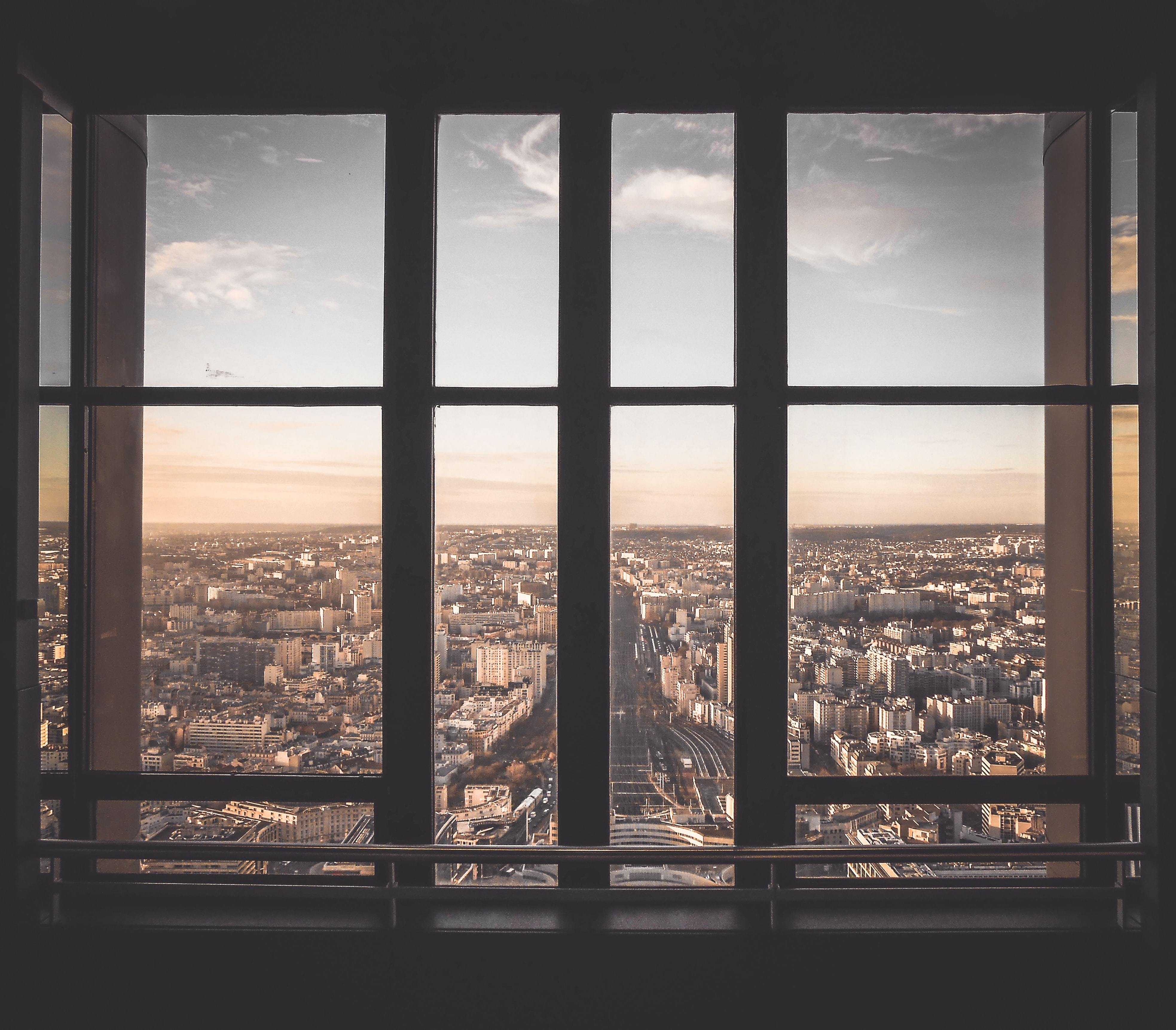
Sue Williams QPM, Hostage Responder and Associate Fellow Saïd Business School, University of Oxford shares lockdown tips based on her specialist experience as a hostage responder.
How is Lockdown Similar to a Hostage Situation?
All across the world, we are enduring extreme social distancing and isolation as our governments and health services fight COVID 19. I have been working for many years with people who have been kidnapped, and people who have been held hostage, who have had to learn to adapt to survive.
There are similarities with where we find ourselves now, vast numbers of us, forced to stay at home. So, what are the lessons to be learnt from ‘conduct after capture’ techniques and the parallels that could help us survive this ordeal?
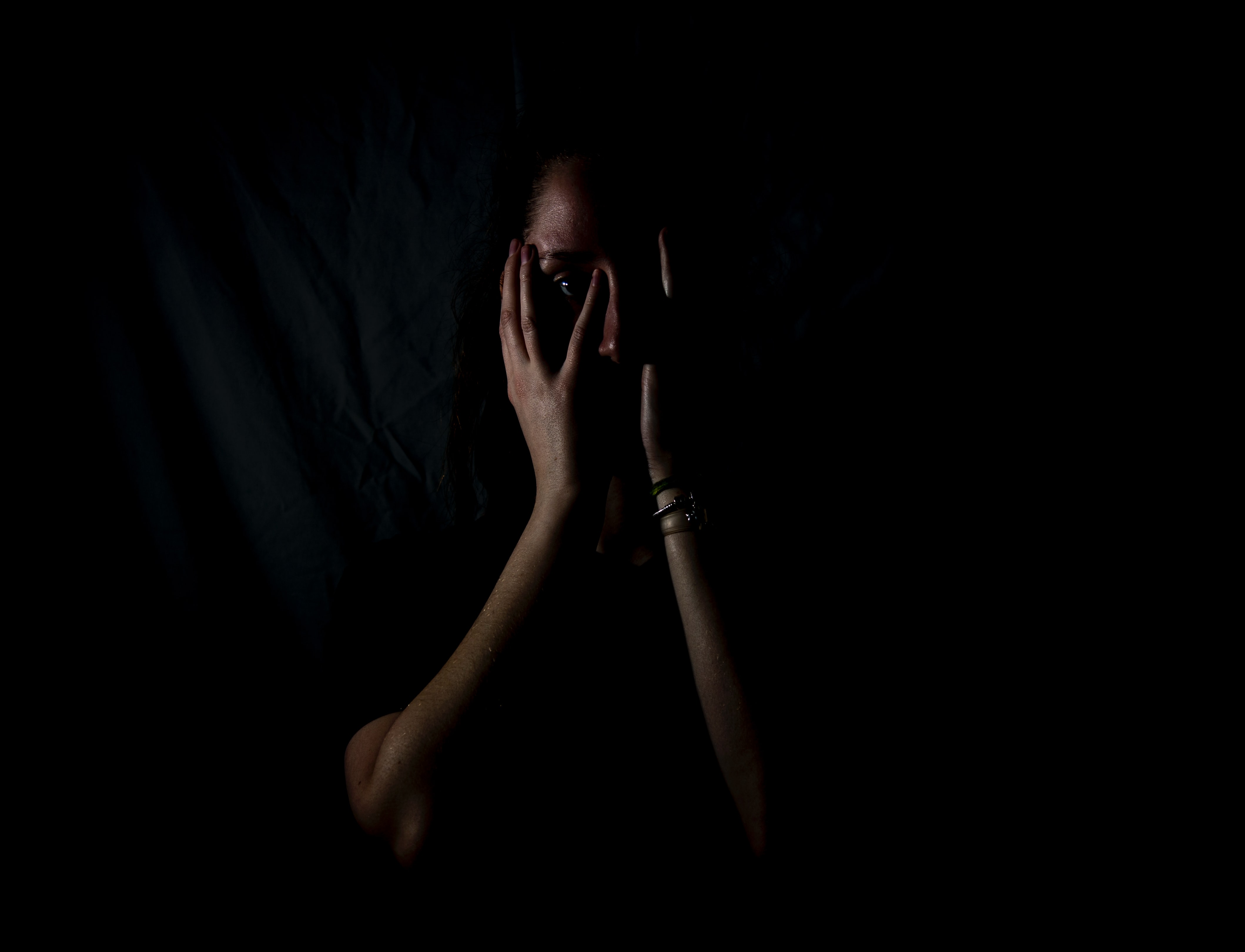
If you are unlucky enough to be kidnapped and held hostage, you can expect to feel a combination of the following:
- An almost paralysing fear of being harmed or death.
- Continuing panic, loneliness and disbelief.
- Depression occasioned by the knowledge that you have no control over this situation, and you do not know when it is going to end.
- Internal stress created by the uncertainty of regular food and drink.
- Desperate longing to be back with your family and friends.
- An obsessive reflection on the normal and routine aspects of your life, things have so often taken for granted.
The extraordinary times of this virus do have some stark similarities to a hostage situation. In all probability, you may be experiencing one or more of the above. Although our isolation is to a certain extent voluntary and is happening for our own good, and the good of our society, human beings are social creatures, especially in times of crisis. So it is natural to crave for the company of our friends and family. That urge to be together makes us who we are.
So, let me stress these are normal reactions to an abnormal temporary situation. Allow yourself to feel what you feel. You are not weak. You are you. Everyone experiences some of, if not all, these things. What you feel is an honest response at a difficult time. Don’t beat yourself up. In this case, your mission is to acknowledge where you are and then adapt and survive.

Lockdown Tips to Equip You
To give yourself the best chance of surviving, these lockdown tips are here to help. First, be kind to yourself. Each one of us responds differently. Your reaction will not be the same as your partner’s, or your friend’s on WhatsApp or a colleague on the phone. Be kind to them too, diffuse tension, don’t escalate it.
Recognise what you are feeling from the list above.
This recognition will help you come to grips with what is, without doubt, difficult for everyone. Realise that you are having a natural reaction to an unnatural situation.
The most important thing is to remember to be who you are. Never lose sight of this. Your normal life has routines and standards. Be that person.
Plan a Structure
Do not slip into a dishevelled, sloppy person who has used the situation to give up in some way; someone you don’t recognise. Plan a structure – a daily routine. This must include:
- Personal hygiene – start each day in your normal way
- Appearance – look in the mirror and see who you usually see
- Keep mentally active – don’t slump in front of daytime TV. Find a way to challenge yourself.
- Stay up to date with medication
- Make sure you have adequate food and drink at usual meal-times – if you are on your own, really try to make a special effort with this.
- Communicate with your friends and relatives. We are all so busy. Use this extra time to reach out to people with whom you may have lost touch.
- Exercise; a lot can be achieved in an hour. Plan out a routine for yourself, or if you’re online, and most of us are, join a live stream class, something most hostages don’t have access to.
- Maintain a sense of purpose and value. It is hard for us to plan for the future when we don’t know when things will get back to normal. But we do know they will, so this time may be useful to evaluate how you feel about what gives you purpose and value. Try and use those values to how you approach this difficult time.
- Knowledge is power, so keep well informed. Read outside your own comfort zone. Look at what is happening in other countries. Instead of waiting to have the news interpreted for you, compare and contrast stories from different news organisations yourself.
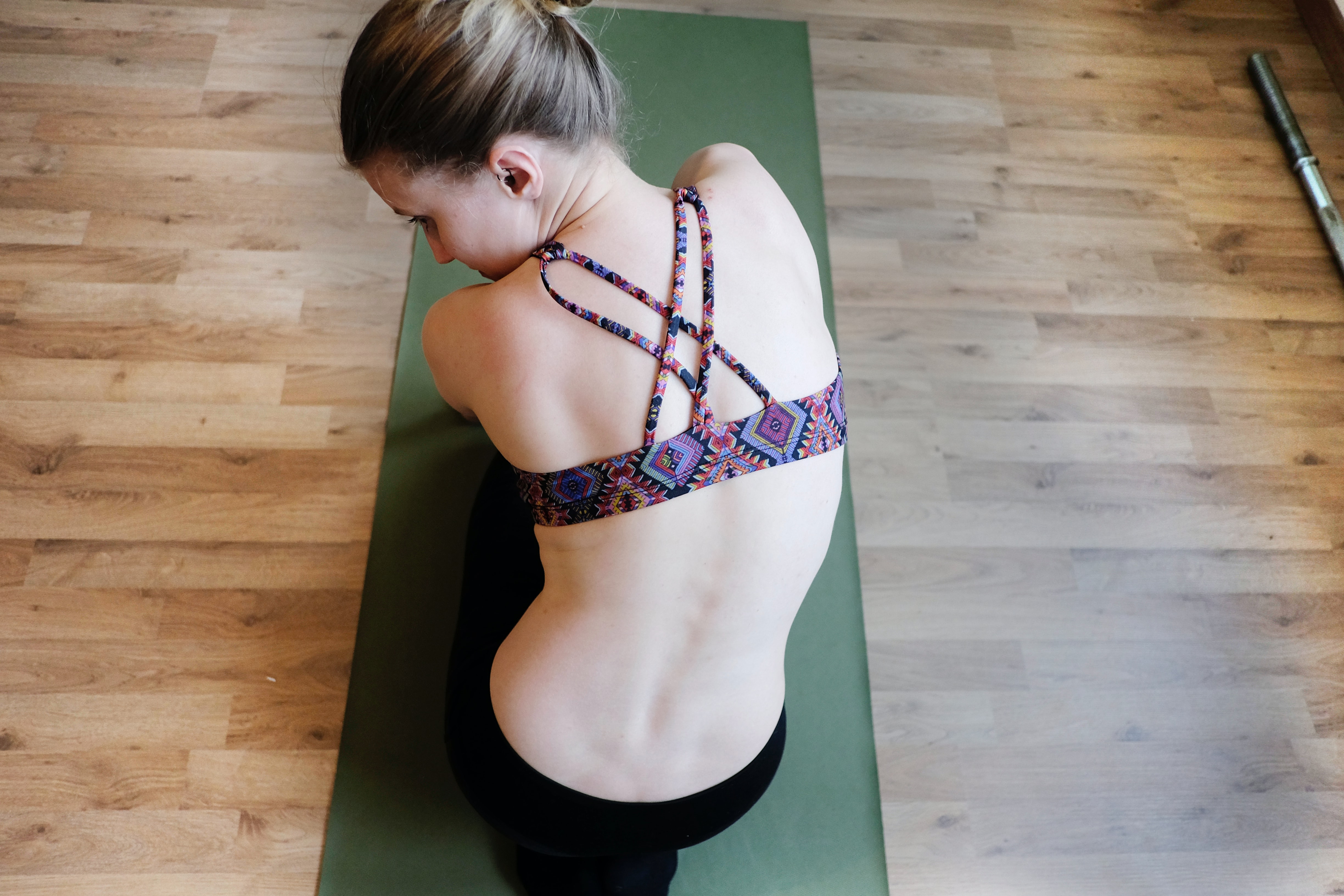
One of the key lockdown tips is to plan for the long haul. If you think this will be over in two weeks and it drifts on for two months, or longer, this will add to your own psychological strain. So, lower your expectations to avoid disappointment. Expect months and you will be happy when it is weeks.
Many former hostages I know adopted a combination of different coping mechanisms. Some wrote plays, music, or played chess with discarded objects. People are amazing. They can achieve great things in very restricted and most arduous of circumstances. So many people say, ‘I never have the time to…’ Well, now you do. Use that time to focus the mind and learn something different. Come out of this better, stronger. How could this apply to you? What could you do? Hold that thought. Write it down. Look at the words you’ve put on the paper. Look at them again tomorrow morning.
And one more thing – don’t forget – the longer your period in captivity, the more opportunities arise for a safe resolution and your return to freedom. Repeat that to yourself. The longer this goes on, the more likely it is that you will avoid the virus yourself and will survive. Outside, other people are working hard to fix this, to help you, to help us all return to a normal life. Trust this because it is true. This time will pass. This is all temporary. You have not been forgotten. Stay calm, stay safe. Adapt. Survive.
Sue Williams QPM, Hostage Responder and Associate Fellow Saïd Business School, University of Oxford
